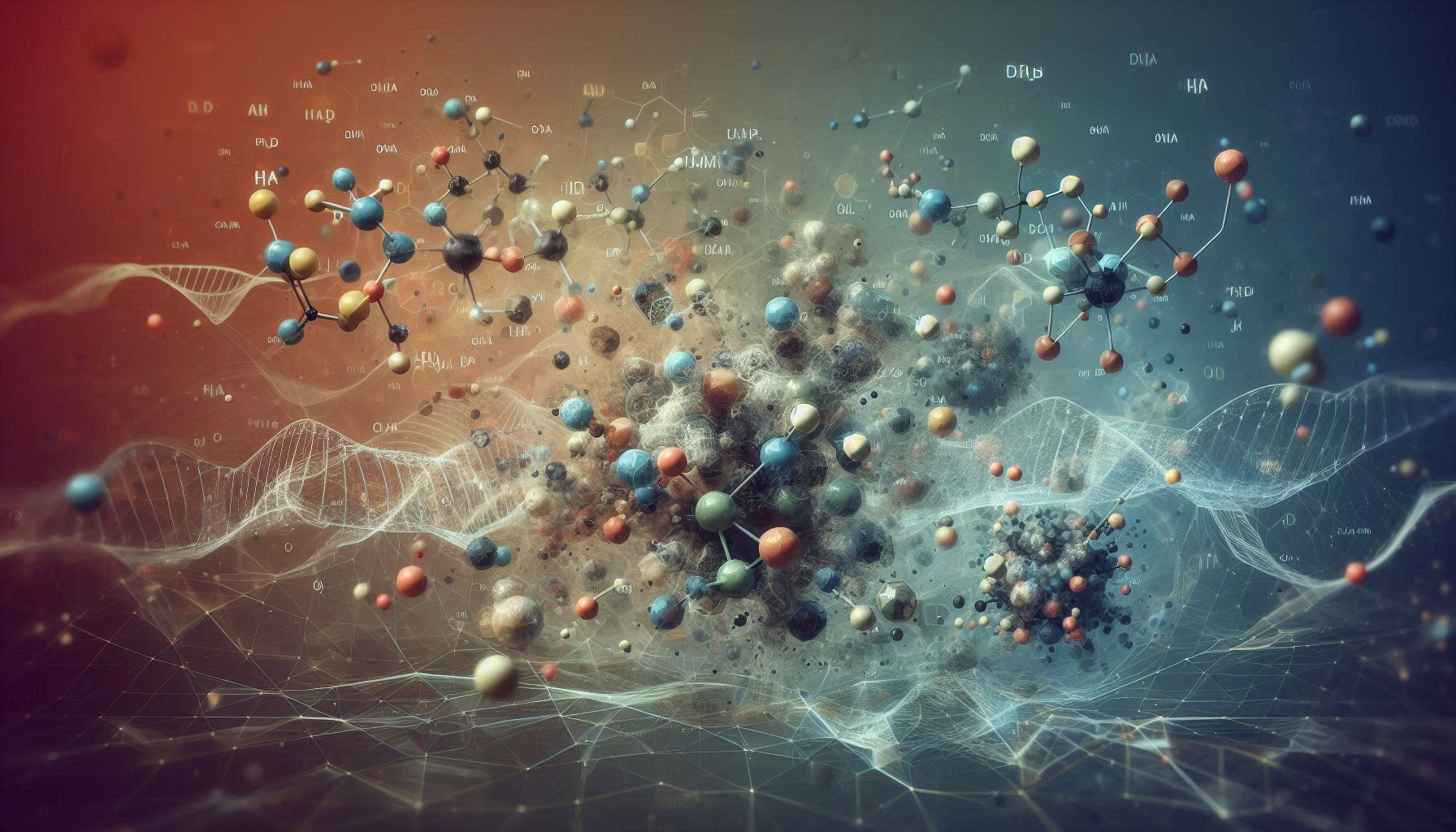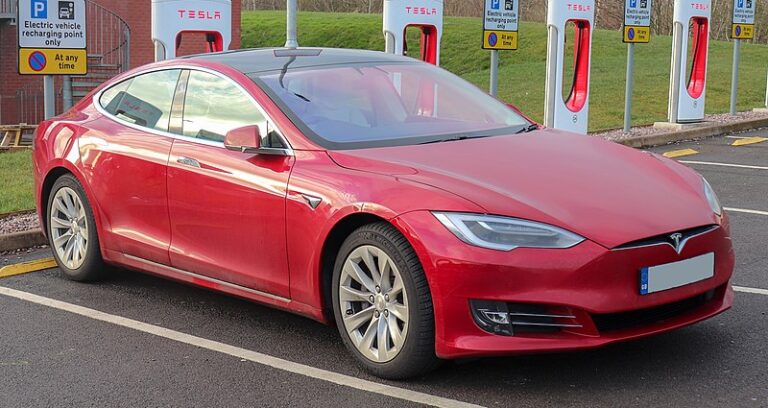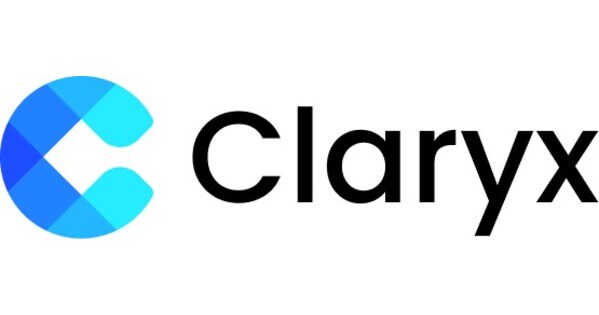Google has unveiled a groundbreaking advancement in quantum computing with its latest research on the Willow quantum chip, which promises to revolutionize the way molecular properties are analyzed. The Willow chip has demonstrated the capability to deliver precise simulations much faster than traditional computing methods, enabling enhanced understanding of complex molecular systems.
Innovative Quantum Algorithm for Molecular Analysis
The team at Google Quantum AI introduced a verifiable algorithm known as Quantum Echoes, which, according to Principal Scientist Vadim Smelyanskiy, serves as a powerful tool for investigating quantum systems, ranging from molecules to more exotic phenomena like black holes. This algorithm is detailed in a recent publication in Nature and marks a significant milestone as the first verifiable capability achieved by a quantum computer.
Agile Simulations Unaligned with Classical Limits
Quantum Echoes utilizes a unique method akin to playing music forwards and backwards to capture subtle quantum effects during molecular simulations. While traditional computers attempt to analyze each component sequentially—much like isolating individual instruments in an orchestra—quantum computers harness parallel processing. This enables them to capture and analyze numerous interactions simultaneously, revealing complex patterns that classical systems struggle to identify.
Practical Applications and Experimental Validation
The implications of this breakthrough extend into the realm of nuclear magnetic resonance (NMR), a technique invaluable in molecular analysis. By simulating how atomic nuclei behave in NMR experiments, Google’s Quantum Echoes algorithm has successfully reproduced experimental data, validating its accuracy. In an experiment conducted with the University of California, Berkeley, the research team studied two molecular structures, confirming that quantum simulations can yield insights not typically accessible through conventional NMR methods.
Enhancements in Drug Discovery and Materials Science
As the accuracy of classical computers diminishes with increasing molecular size and complexity, Google’s quantum advancements pave the way for more reliable insights into intricate molecular interactions. This enhanced capability could revolutionize drug discovery and material science by facilitating the design of new drugs and materials, such as polymers and battery components.
Future Directions in Quantum Computing
Google’s Willow chip, introduced in October 2024, represents a significant leap in quantum technology, boasting a 105-qubit processor that mitigates error rates effectively. This advancement is necessary as larger quantum systems face increasing challenges from noise interference. By refining its chip architecture, Google has achieved a breakthrough that promises to not only enhance research in quantum systems but also improve practical applications across various scientific domains.
In conclusion, Google’s launch of the Quantum Echoes algorithm signifies a new era in molecular analysis, potentially redefining the boundaries of scientific discovery in chemistry and material science.







